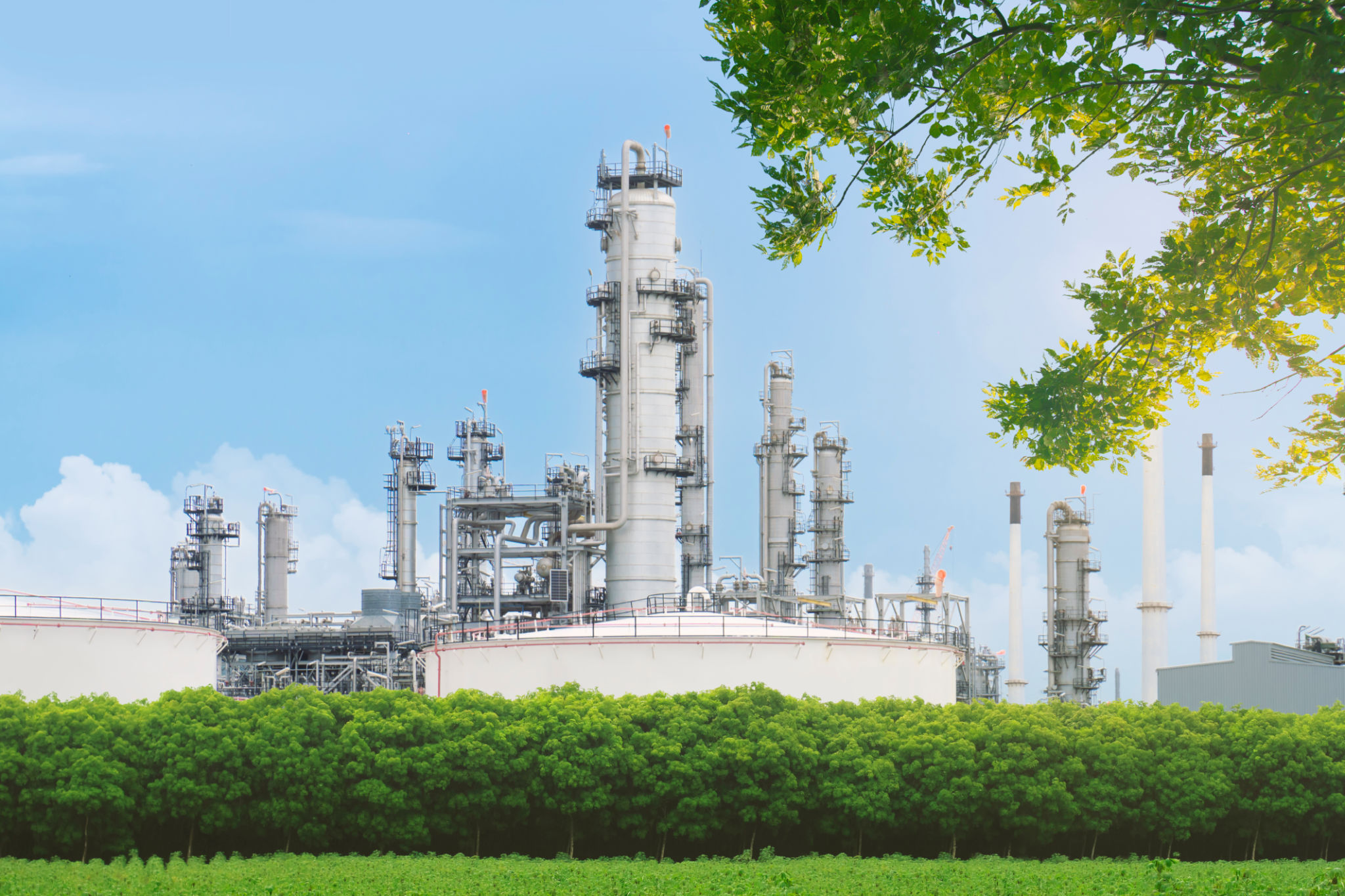Eco-Friendly Lubricants: Top Trends for Sustainable Heavy Industry
Understanding the Shift Towards Eco-Friendly Lubricants
In recent years, the industrial sector has increasingly focused on sustainability, seeking to reduce its environmental impact while maintaining operational efficiency. One significant area of this shift is the adoption of eco-friendly lubricants in heavy industry. These lubricants are designed to minimize pollution and reduce resource consumption, aligning with the broader environmental goals of many organizations.
The move towards eco-friendly lubricants is driven by a combination of regulatory pressures and corporate responsibility initiatives. As governments enforce stricter environmental regulations, industries are compelled to innovate and adopt greener solutions. Additionally, companies are recognizing the long-term benefits of sustainable practices, not only for the planet but also for their bottom line.

Key Characteristics of Eco-Friendly Lubricants
Eco-friendly lubricants are formulated to offer superior performance while being less harmful to the environment. They are typically biodegradable, meaning they break down naturally without leaving toxic residues. This characteristic is crucial in preventing soil and water contamination, especially in industries where spills are a concern.
Moreover, these lubricants often incorporate renewable resources, such as vegetable oils or synthetic esters, reducing reliance on non-renewable petroleum-based products. This shift not only decreases carbon footprints but also encourages the development of sustainable agricultural practices.
Benefits of Biodegradability and Renewable Resources
Biodegradable lubricants provide a significant advantage in terms of environmental safety. In the event of a spill or leak, these lubricants degrade quickly, minimizing ecological damage. The use of renewable resources further enhances their sustainability profile, promoting a circular economy where waste is minimized, and resources are reused efficiently.

Innovative Trends in Eco-Friendly Lubricants
As the demand for sustainable solutions grows, the industry has seen several innovative trends in eco-friendly lubricants. One notable trend is the development of high-performance biolubricants that meet or exceed the capabilities of traditional mineral-based products. These biolubricants offer enhanced lubrication properties, such as better viscosity and thermal stability, making them suitable for a wide range of industrial applications.
Another trend is the integration of advanced additive technologies. These additives enhance the performance characteristics of eco-friendly lubricants, such as anti-wear and anti-corrosion properties, ensuring they provide robust protection for machinery even under extreme conditions.
Advanced Additive Technologies
The use of advanced additives in eco-friendly lubricants is a game changer for heavy industry. These additives not only improve lubrication efficiency but also extend the lifespan of machinery components, leading to reduced maintenance costs and downtime. As a result, companies can achieve greater operational efficiency while adhering to environmental standards.

The Future of Sustainable Lubrication
The future of lubrication in heavy industry is undoubtedly leaning towards sustainability. As technology continues to advance, eco-friendly lubricants will become even more efficient and accessible. Collaboration between industries and environmental organizations will likely foster further innovations, driving the development of next-generation lubricants that are even more environmentally friendly and cost-effective.
The adoption of eco-friendly lubricants is not just a trend but a necessary evolution in industrial practices. By embracing these sustainable solutions, industries can significantly reduce their environmental impact while maintaining high levels of productivity and performance.
